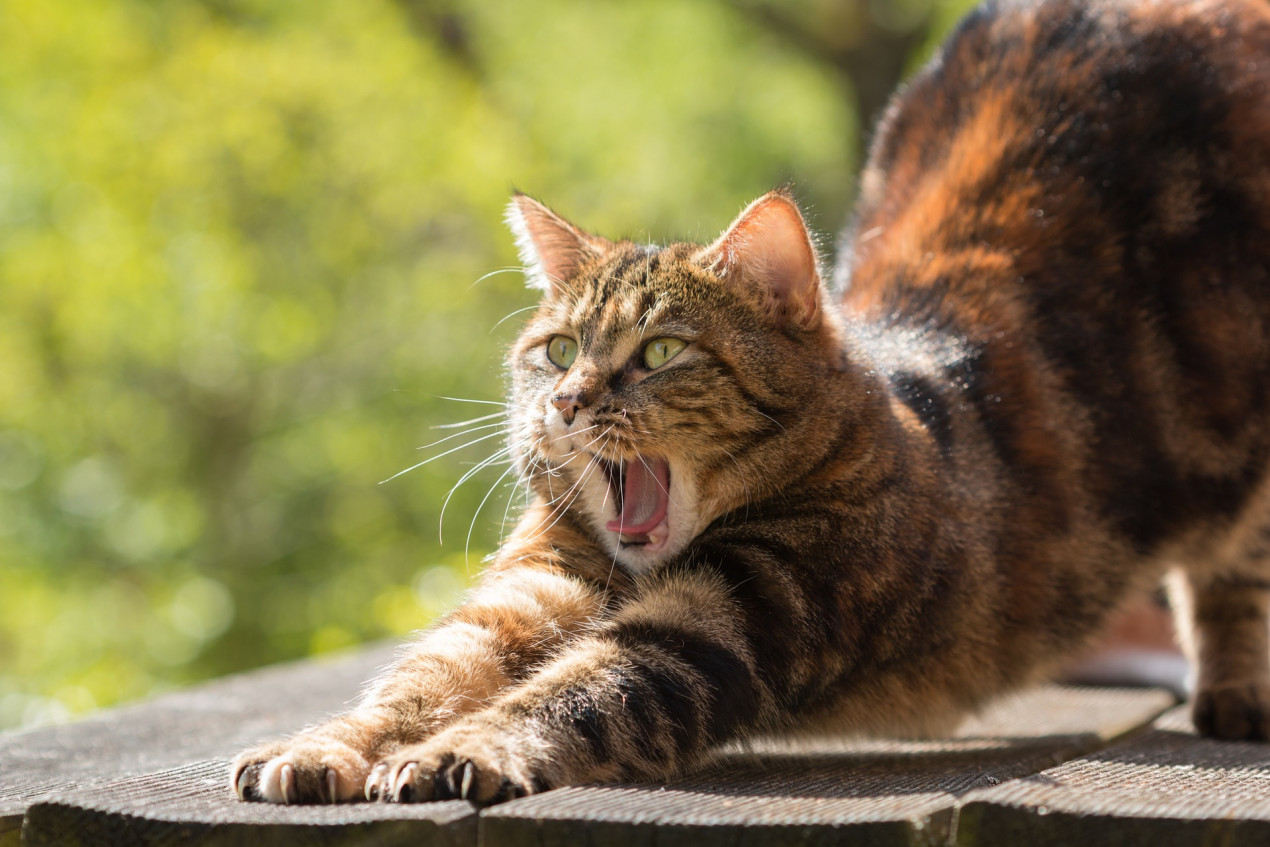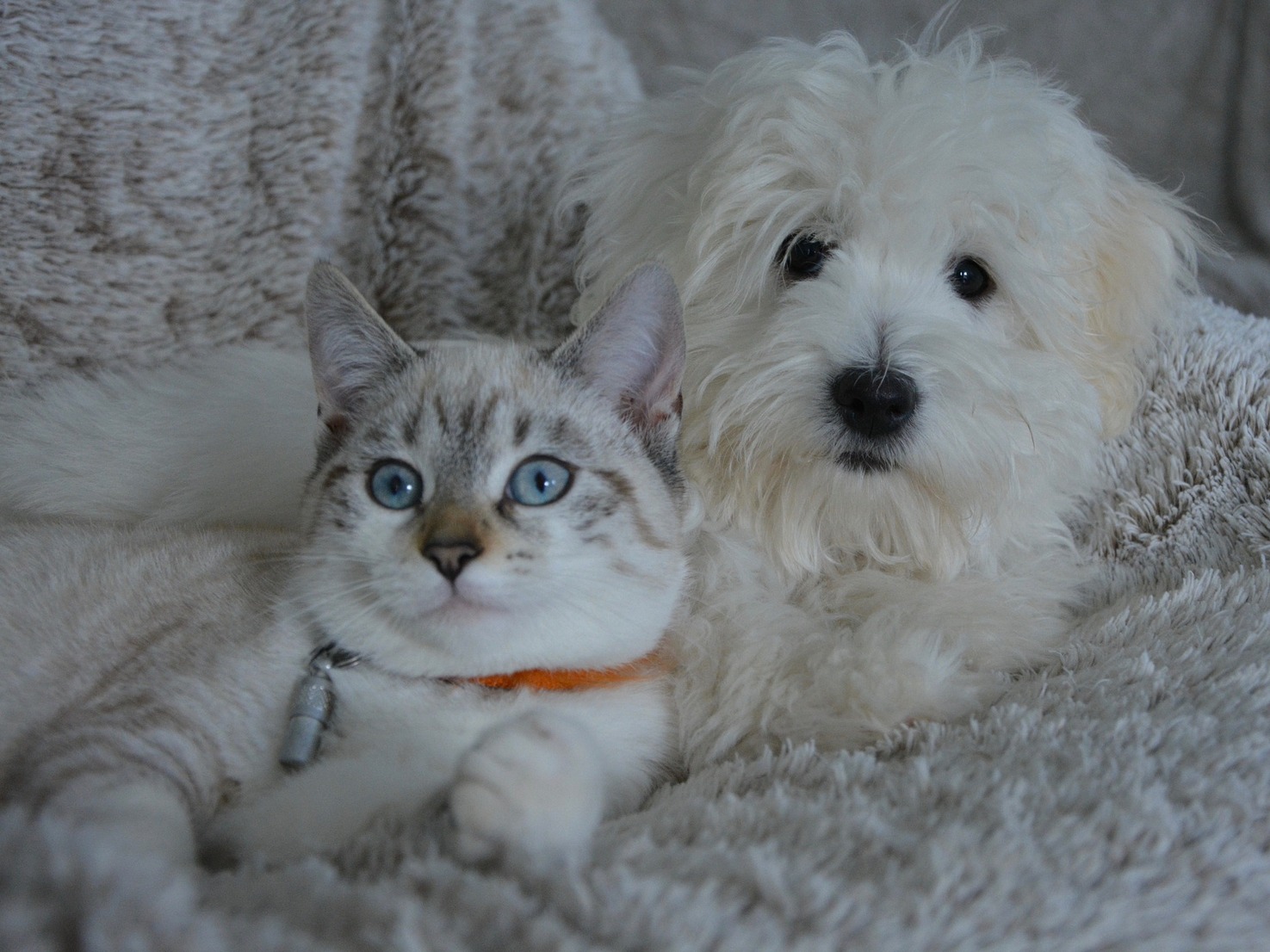My dog or cat has been wounded, what should I do?
Seeing your cat or dog bleeding can be very distressing. While some injuries can be dealt with at home, others need emergency veterinary treatment. If you are unsure it’s always best to seek advice from a vet or, out of hours, your nearest Vets Now clinic.



